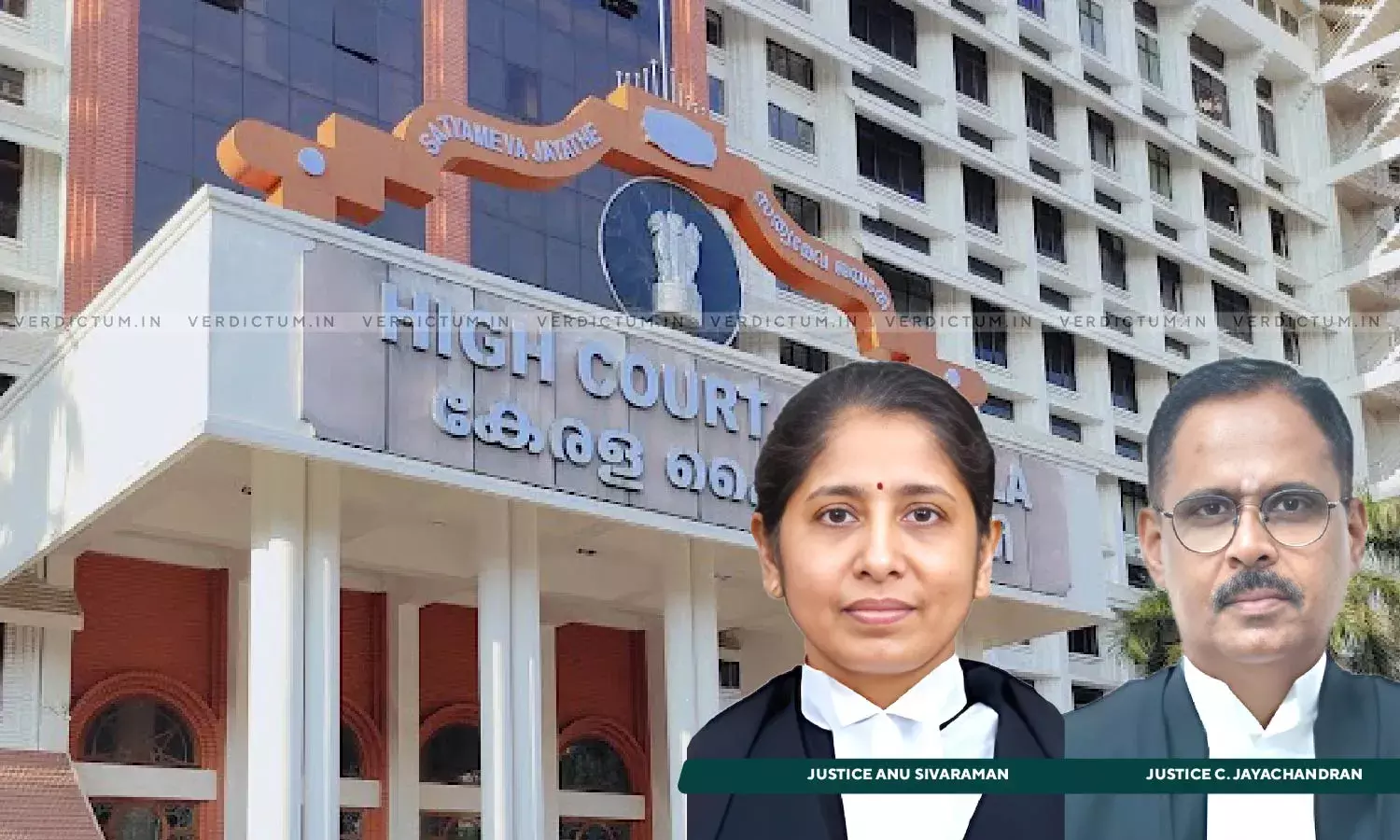Rejection Of Nomination Filed Without Obtaining Prior Permission Of Deputy Registrar For Contesting Elections Is Perfectly Legal & Valid: Kerala HC
While accepting the rejection of nomination of the petitioner by the Returning Officer, the Kerala High Court clarified that the restriction is not regarding the right to be included in the voters list on any other restriction being imposed which is relatable to the subscription of the share value.
“The restriction is a general restriction regarding the number of times that a person can continuously contest and become a member of a committee. The bye-law, in its wisdom, provides that a person can contest and be a member of the society consecutively only for three terms. This provision in the bye-law had been noticed by the Returning Officer and the nomination was rejected”, added the Court.
The High Court held so while considering a petition seeking to declare that the act of the Returning Officer (first respondent) in rejecting the nomination paper of the petitioner is illegal, and further to direct the respondents to accept the nomination of the petitioner and permit him to contest the election to the managing committee of the Cooperative Society (fourth respondent).
The Division Judge Bench of Justice Anu Sivaraman and Justice C. Jayachandran observed that “the true scope of explanation to Rule 35A(4A) is only with regard to the exercise of the right to vote since the main Rule is only with regard to the preparation and finalization of the voter's list. Any other interpretation as suggested by the counsel for the petitioner would be totally unwarranted.”
“The rejection of the nomination of the petitioner in the writ petition on the ground that he has been elected as a member of the Managing Committee consecutively for more than three times and did not obtain the prior permission of the Deputy Registrar for contesting the elections was perfectly legal and valid”, added the Bench.
Advocate T.R. Harikumar appeared for the Petitioner whereas Advocate Liji J Vadakkedom appeared for the Respondent.
The brief facts of the case were that the society in question is a primary credit society. The petitioner is a member who has been contesting the elections repeatedly. According to the petitioner, he had contested the elections four times before submitting the nomination for the present election. It is the contention of the petitioner that the explanation to sub-rule (4A) of Rule 35A applies to all restrictions of whatever nature provided in the bylaws in so far as a right of a Class member of society to vote and contest in the election is concerned. It is contended that the provision contained in the bye-laws to the effect that a person cannot contest the election continuously for more than three terms is contrary to the explanation to sub-rule (4A) of Rule 35A of the Kerala Co-operative Societies Rules and therefore, the said provision of the bye-laws is null and void and the petitioner is resultantly entitled to contest the election.
After considering the submission, the Bench noted that the election to the Managing Committee of a society has to be conducted in accordance with the bylaws of the said society.
From a plain reading of Section 19 of the Co-operative Societies Act, the Bench found that a restriction to exercise the rights of a member unless he has made payments to the society in respect of membership.
The Bench further highlighted that the provisions of Section 28(1) and Rule 44(1)(j) read together would indicate that apart from the other disqualifications mentioned, a person would be eligible to contest an election to the Managing Committee, if he is otherwise eligible to do so under the provisions of the Act and the Rules as also the bye-laws of the society.
The Bench further expressed that the contention that the Society and the Returning Officer are not aggrieved by the interim order would be untenable in view of the fact that in case an ineligible person is permitted to contest the elections, the integrity of the elections would stand compromised and that there is no provision for conduct of any by-elections in case the petitioner is elected and later found to be ineligible.
“The Society, in the circumstances, is definitely aggrieved by the interim order which affects its administration”, pointed the Bench.
Referring to the case of Bihta Co-operative Development and Cane Marketing Union Ltd. v. Bank of Bihar [1967 KHC 489], the Bench reiterated that “an explanation must be read so as to harmonize with and clear up any ambiguity in the main section. It should not be so construed as to widen the ambit of the section.”
In the light of sub-rules (4) and (4A), the High Court mentioned that “what was being sought to be explained by the explanation was with regard to the right to be included in a voters list and therefore, the eligibility to vote. Even otherwise, the explanation only says that every A class member of a society shall be eligible to vote and contest in the election if he has subscribed to the minimum share value as prescribed in the bylaws.”
“Any other restriction if imposed “in this regard” shall be declared as null and void could only mean any other restriction with regard to the right of an A class member who has subscribed to the minimum share value as prescribed in the bylaws”, added the Court.
Accordingly, the High Court allowed the appeal.
Cause Title: Jalaludeen v. The Returning Officer and Ors. [Neutral Citation: 2023/KER/60786]
Click here to read/ download the Judgment




